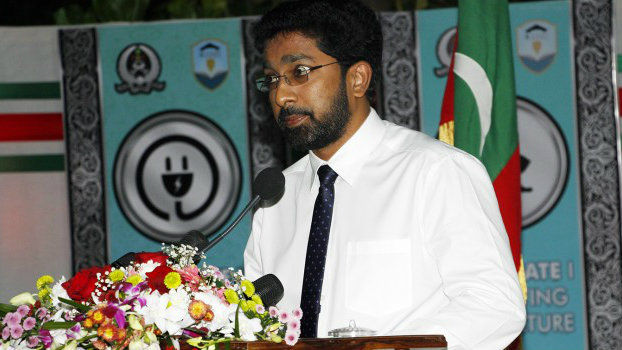Yameen to free hundreds of inmates locked up for petty crimes
The president plans to free “200 or 300 or even more” prisoners because he “loves you a lot,” the home minister told inmates at the Maafushi Jail.

17 Jan 2017, 09:00
President Abdulla Yameen plans to free up to 300 or more inmates convicted for petty crimes under a new clemency policy, Home Minister Ahmed Azleen announced Sunday.
The minister told inmates at the Maafushi Jail that Yameen “loves you a lot” and plans “to commute the sentences of our brothers and sisters in jail who fit a certain category”.
All inmates except for those found guilty of murder, terrorism, sexual assault and drug trafficking will qualify for a presidential pardon under the new rules set in December.
The regulation, titled “A special chance provided by the president to those who disavow criminal behaviour and want to reintegrate into society” applies to petty criminals who have served one fourth of their sentences.
Become a member
Get full access to our archive and personalise your experience.
Already a member?
Discussion
No comments yet. Be the first to share your thoughts!
No comments yet. Be the first to join the conversation!
Join the Conversation
Sign in to share your thoughts under an alias and take part in the discussion. Independent journalism thrives on open, respectful debate — your voice matters.




